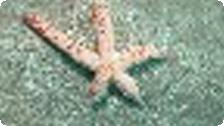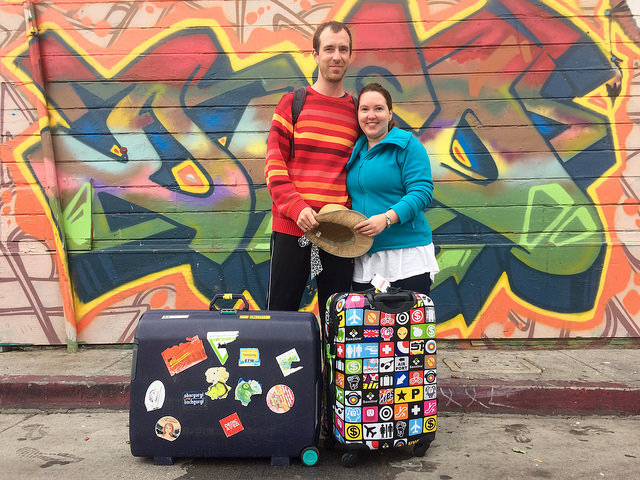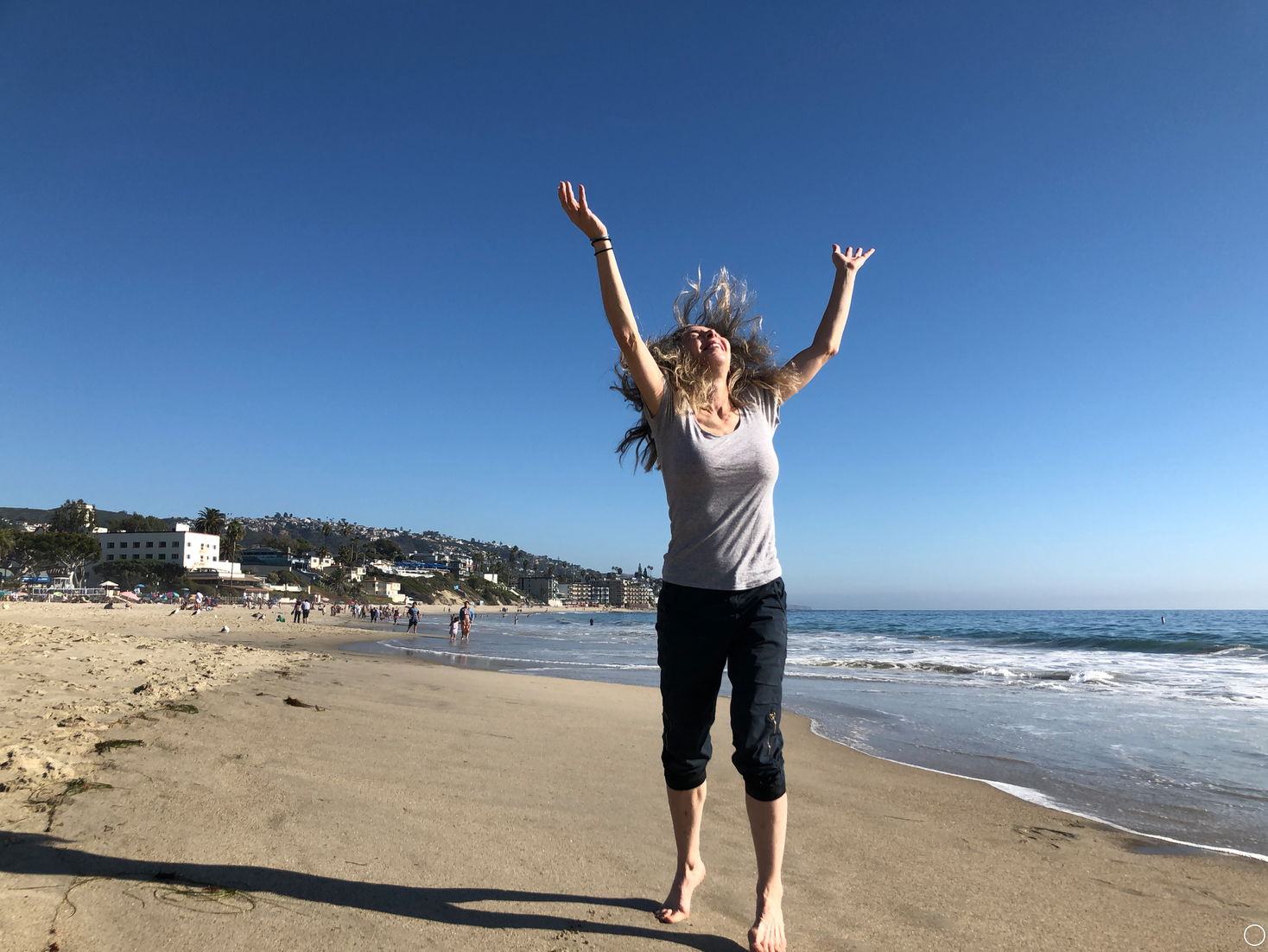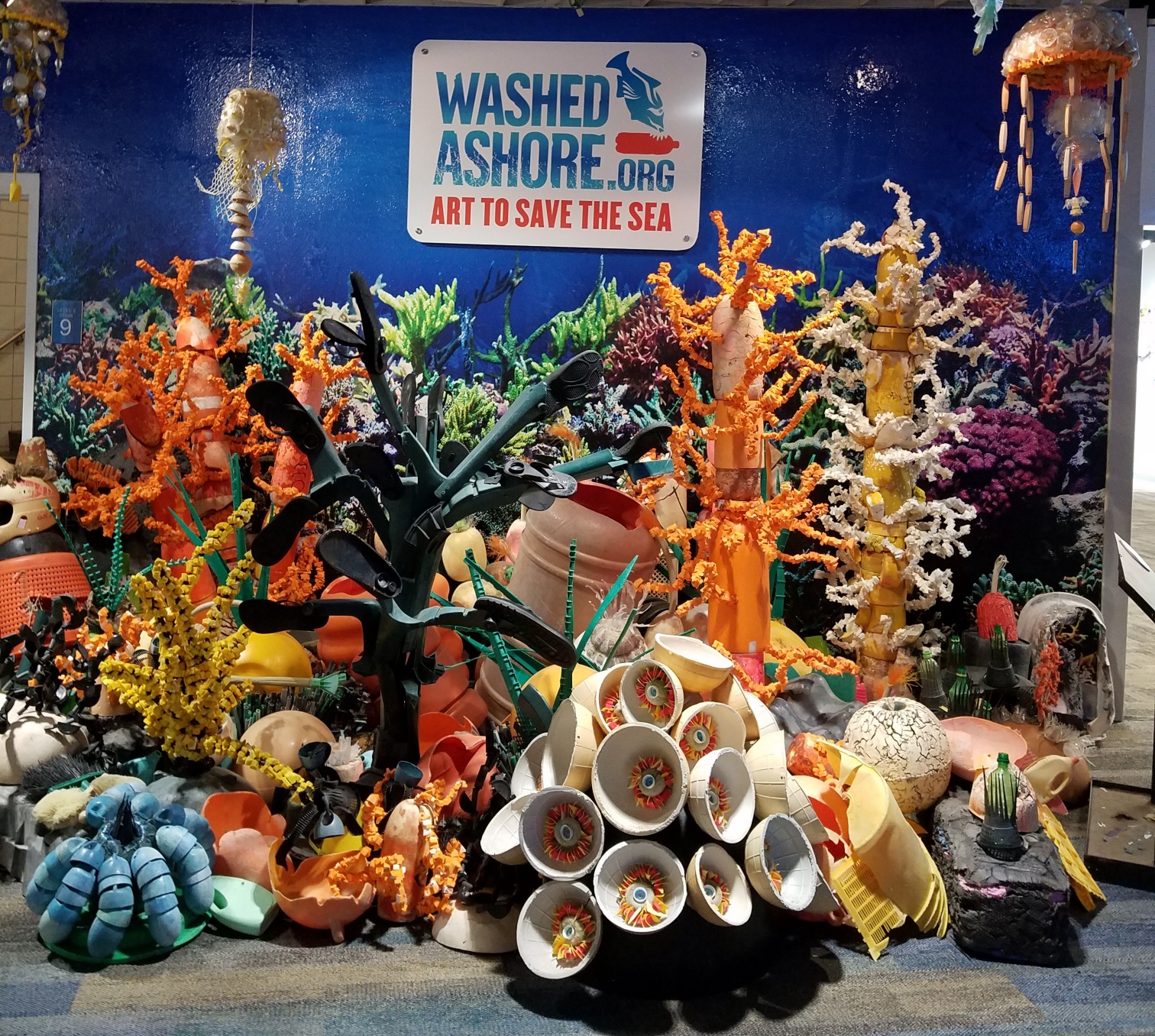by Cheri Eplin
Envision a world without television, cell phones, computers, or commuter lanes. Imagine floating almost effortlessly suspended, where your only neighbors are a sea otter, a bat ray, or a rockfish, and—hopefully—your diving partner. If you can picture that scene, then perhaps you can conceptualize the sport of scuba diving.
Scuba diving might conjure to mind cruise ship commercials with tanned and toned bodies in exotic places or a program on the Discovery Channel. If you see the glass as half-empty, you might associate scuba diving with movies like JAWS. Diving does have its dangers, but you have a better chance of winning the lottery than being bitten or bothered by a great white shark.
Anyone who is in good health, reasonably fit, and comfortable in the water can earn an Open Water Diver certification. The underwater world can be right at your fingertips, or should I say gloves and fins?
Scuba courses are performance based, which means that you earn your certification when you demonstrate that you’ve mastered the required skills and knowledge. Because some people learn faster than others, how long it takes you to finish your certificate varies. The Open Water Diver course can be split into five or six sessions over as little as three days to a much as six weeks. Lectures cover topics such as equipment usage, safety, and oceanography (the study of the ocean.) There are also hands-on lessons, usually at a pool.
SCUBA (self contained underwater breathing apparatus) requires a mask and snorkel, which you will learn to remove under water, put back on and “clear” so you can see again. There is a “BC,” buoyancy compensator, which looks like a vest and allows the diver to move up and down in the water by filling it or depleting it of air. A wetsuit and weight-belt are also worn which help a diver stay under water when the “BC” is deflated. And of course , divers have a scuba tank, which is filled with the air you need to stay underwater for long periods of time and is just like the air you’re breathing now.
Even though you might not normally notice, air actually has weight. At sea level, 14.7 pounds of air press down on every square inch of your body. As you go up in altitude, you come across less air and less air pressure. That’s why it’s harder to breathe on top of a tall mountain. In outer space, there’s no air at all, and astronauts have to wear spacesuits to keep from blowing up like a marshmallow in a microwave.
In contrast, a diver must wear her suit and equipment to deal with the immense pressure of being under water which can do funny things to your body. A diver who stays down too long, swims too deep, or comes up too fast can end up with a condition called “the bends.” In this case, bubbles of gas in the blood can cause intense pain, even death. For the most part, scuba diving is a relatively safe activity—as long as you have a healthy respect for the laws of physics. Basically, it all comes down to pressure.
Since people breathe at different rates and as you go deeper you take in air faster, divers carry a gauge that lets them know how much air is in the tank. Usually, divers in calm, warm water from 5-10 metres/ 15-30 feet are able to spend about one hour underwater with an average tank.
I’ve had my share of fear and excitement. Once while diving in Pinnacles Bay in Carmel, I was gliding along with a school of anchovies when WHAM! My mask was knocked off by something large and looming that swam past quickly. I could feel my breath, which sounded like Darth Vader, speed up with panic, until I remembered what I had learned in one of my scuba practices in the pool- I needed to react calmly and remember that my dive buddies were within reach.
I could feel my mask floating above me, snagged by the material of my wetsuit covered head, and I put it back on. I blew as hard as I could through my nose while looking skyward and cleared the water so I could once again see my surroundings. Surely, my deep seated fear was that I’d be face to face with a great white, but instead I noticed that a group of seals were dodging and racing through our group and just got a little too close. I looked at my buddy who gave a whomping “thumbs up” and I was humbled, relieved, and proud of my reactions during distress.
Another favorite was diving in the Caribbean only to come up against a small, gentle sea horse inches away from my mask. Even with the “armor” the little guy was wearing, he glided effortlessly and looked at me as if he could not understand the obtrusive giant in his edgeless world of fluid. The underwater creatures and abundance of life in the deep is a sight to behold. Truly, scuba diving can bring you into a world that you can’t even imagine. So dive on in!
* * * *
For additional information on scuba diving, contact one of the following resources:







